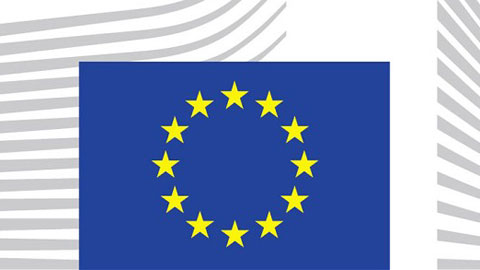UAB to coordinate European COST network on autophagy
The UAB will head the European Network TRANSAUTOPHAGY. The project seeks to achieve biomedical advances in prevention, diagnosis and therapy for several pathologies, as well as improvements in food and alternative sources of clean energy.

Autophagy is an essential mechanism for the maintenance of homeostasis in cells and in whole organisms. It controls the balance of nutrients and eliminates damaged or superfluous elements inside the cell, damaged proteins and even whole invading microorganisms.
In healthcare it is of great therapeutic importance, potentially capable of combating cancer, lupus erythematosus and neurodegeneration, among others. It has also shown itself to be a key element in the fight against tissue ageing.
In biotechnology, the modulation of autophagy has applications in optimisation of agricultural production and for using microalgae as alternative sources of energy. In fact, agriculture is the field of junior researcher and network member Núria Sánchez Coll of the Centre for Research in Agricultural Genomics (CRAG, CSIC-IRTA-UAB-UB consortium).
The TRANSAUTOPHAGY network will organise workshops and conferences to promote collaborative multidisciplinary research and forge ties between the various participants and, above all, between them and the companies taking part, such as Anaxomics, Prous Institut, and Vivia Biotech. The network will emphasise open innovation as a tool for finding creative solutions to problems: offering opportunities to young researchers and furthering gender equality. The main objective of the consortium is to translate the knowledge generated into products and processes that can be used in biomedicine and biotechnology. It will also work to disseminate and transfer research results to society: from recommendations for healthy ageing or preventing illness to new therapies, biocomponents or nanodevices to modulate autophagy more selectively, clinical applications like antitumoral or neuroprotective agents, or applications that use plants and microorganisms to make crop-growing more efficient or as an alternative source of energy.
The EU's COST (European Cooperation in Science and Technology) networks seek to set up international research networks based on nationally funded projects, with a duration of four years.